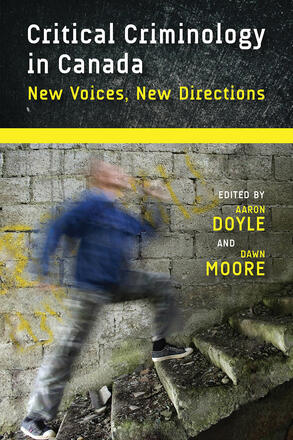
These essays on the future of criminology and criminal justice in Canada will shape debates about crime, policing, and punishment for years to come.
Description
This book presents the work of a new generation of critical criminologists who explore the geographical, institutional, and political contexts of the discipline in Canada. Breaking away from mainstream criminology and law-and-order discourses, the authors offer a spectrum of theoretical approaches to criminal justice – from governmentality to feminist criminology, from critical realism to anarchism – and they propose novel approaches to topics ranging from genocide to white-collar crime. By posing crucial questions and attempting to define what criminology should be, this book will shape debates about crime, policing, and punishment for years to come.